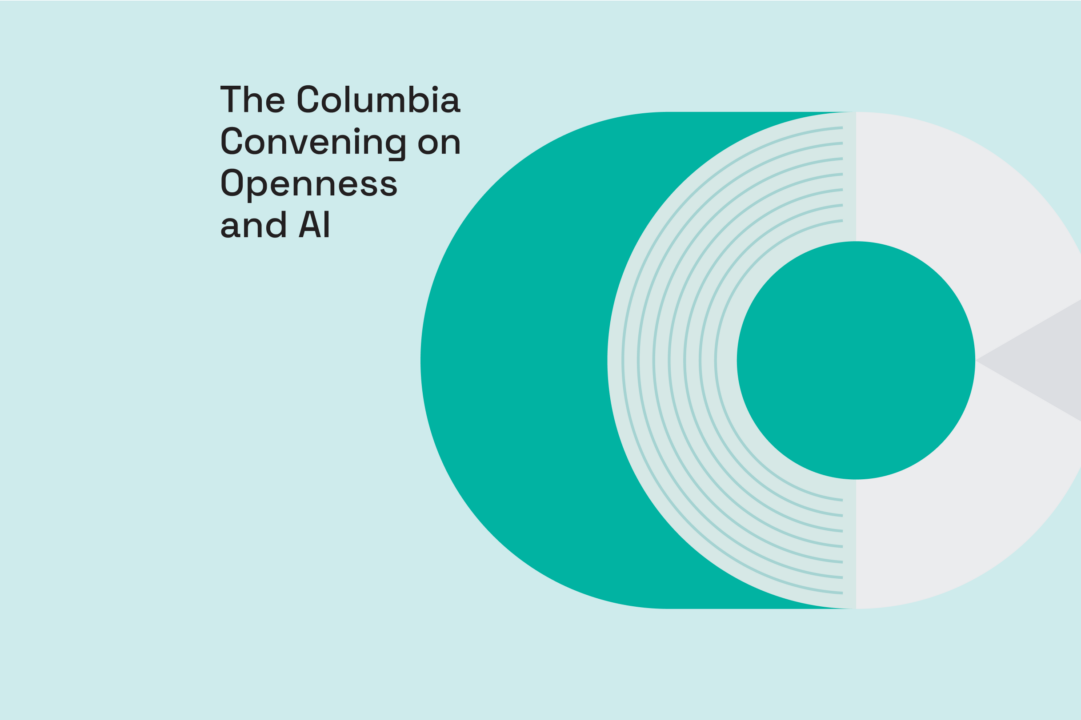

The President of The Australian Academy of Science, Professor Chennupati Jagadish, delivered a keynote address at a symposium, emphasizing the importance of international scientific collaborations in addressing global challenges. He discussed the need for scientists to contribute to solving challenges such as collapsing ecosystems, biodiversity loss, and climate change, and be involved in decision-making processes. The speaker highlighted his own work in nanotechnology and semiconductors, which relies on international collaborations. However, he mentioned that new legislation in Australia requires permits for collaborations with foreign nationals, which may hinder scientific exchange. The speaker argued for the strategic national interest of international research collaboration and emphasized the historical significance of scientific collaboration during World War II. He presented data on international scientific collaboration networks, showing the USA, Europe, and China as the main centers of activity. The speaker also discussed Australia's relatively small market and low investment in research and development compared to other countries. He highlighted the importance of international students and overseas collaborations in driving research in Australia. The speaker emphasized the need to access global knowledge, build scientific capacity in the region, and consider the societal impact of scientific work.
Australia's Cyber Security Strategy 2023-2030 recognizes the importance of research universities in becoming a global leader in cyber innovation. High-quality research is essential for identifying new approaches and keeping pace with advancements. Collaboration between universities, industry, and government is critical for maximizing Australia's capability. Research-intensive universities will drive world-leading cyber research and innovation, tackling security problems and leveraging opportunities in AI and quantum computing.
In a related development, experts at an AI and IT conference called for increased global collaboration to address the challenges posed by the rapid development of the sector. Vice Chancellor Professor Kulsoom Paracha highlighted the positive impact of AI on human consciousness and task efficiency. She emphasized the need for international cooperation in cybersecurity due to the growing development of AI and the introduction of new security concerns. Dr. Paracha warned of job displacement and potential competition for resources due to AI, with experts estimating that nearly 300 million people will lose their jobs. Other speakers advocated for new laws and ethical frameworks to regulate and limit AI. Pakistan was urged to contribute to the AI revolution.
The symposium and the AI and IT conference both underscore the importance of international collaboration and cooperation in addressing global challenges, including cybersecurity. The rapid development of AI and its potential impact on job displacement and security concerns highlight the need for countries to work together to develop laws, ethical frameworks, and strategies to regulate and harness the benefits of AI while mitigating its risks. The global community must come together to share knowledge, resources, and expertise to ensure the responsible and secure use of AI and other emerging technologies.
Community leaders and industry experts recently concluded the inaugural AI Symposium at the USSRC in Huntsville. The symposium brought together over 200 participants, including representatives from NASA, local businesses, and educational institutions, to explore the potential of artificial intelligence (AI) and its impact on various sectors. The event featured panel discussions, presentations, and demonstrations highlighting the latest advancements in AI technology. Key topics of discussion included AI in healthcare, transportation, and cybersecurity. The symposium aimed to foster collaboration between academia, government, and industry to drive innovation in AI. The success of the event has paved the way for future AI initiatives and partnerships in the community.
Mozilla and the Columbia Institute of Global Politics organized the Columbia Convening on Openness and AI, bringing together over 40 experts to explore the meaning of openness in the AI era. The participants discussed the potential of openness in advancing societal goals, the importance of considering openness throughout the AI stack, the need for thoughtful policy conversations on openness in AI, and the importance of building a stronger community and organization to advocate for openness in AI. The convening aimed to develop a framework for openness in AI and unify the openness community. Mozilla plans to publish more content related to the convening and continue pushing forward on this important work.
In today’s interconnected world, empathy seems to be on the decline. A 2023 study by Gadjah Mada University in Indonesia revealed growing intergroup prejudice, particularly among the youth. A 2022 report from the UK’s Runnymede Trust highlighted ethnic inequalities stemming from a deficit of understanding and empathy. Genuine empathy requires more than a digital connection. Cross-cultural collaboration can cultivate profound empathy, dismantle stereotypes, and build bridges of understanding. Art has historically catalyzed empathy, fostering understanding across cultures. Collaborative art projects like 'The School of Hope' in Indonesia and 'Care Krisis' between the UK and Indonesia provide platforms for exploring empathy through art creation. Hurdles in cross-cultural collaborations include language barriers, cultural sensitivities, and funding limitations. Overcoming these challenges requires proactive planning, cultural awareness training, and collaborative problem-solving. Fostering empathy, understanding, and collaboration is crucial for building a just and compassionate world.
[3ea741ac] [200232d3] [c05936a8]